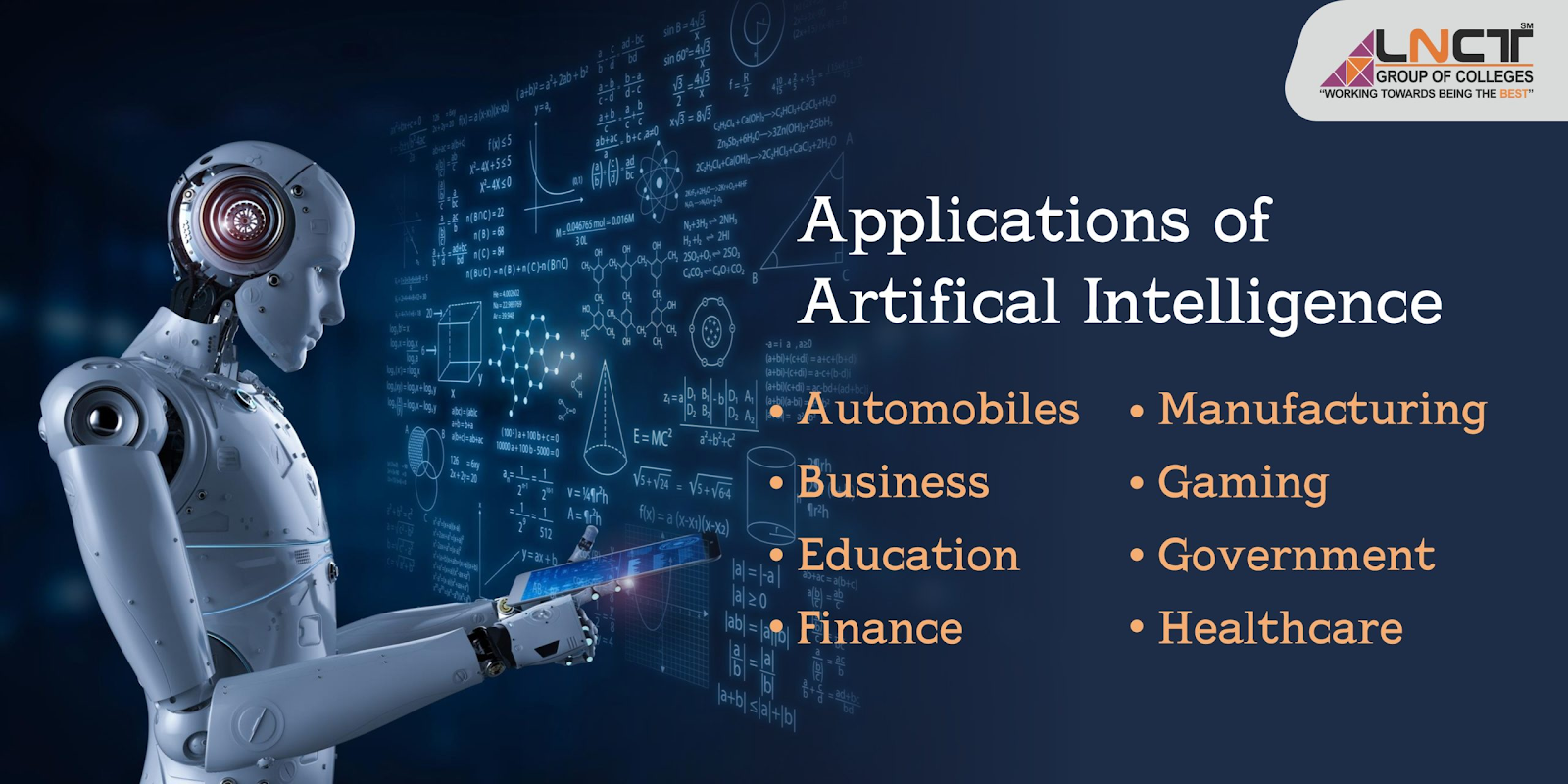Artificial Intelligence (AI) Technology
Artificial Intelligence (AI) Technology
The Transformative Power of Artificial Intelligence (AI) Technology
Artificial Intelligence (AI) is a revolutionary field of computer science that has rapidly gained prominence in recent years. AI technology has the potential to transform the way we live, work, and interact with the world. In this note, we will explore the various aspects of AI, its applications, and the impact it has on society.
Understanding AI Technology
AI is a branch of computer science that focuses on creating machines and systems capable of performing tasks that would typically require human intelligence. This encompasses a wide range of activities, from problem-solving and decision-making to speech and image recognition. AI systems learn from data, adapt to new information, and make predictions or decisions based on that learning.
Machine Learning and Deep Learning
Machine learning is a subset of AI that involves training algorithms to learn from data and make predictions. It has two main categories: supervised learning (where models are trained with labeled data) and unsupervised learning (where models find patterns in unlabeled data). Deep learning, a subset of machine learning, uses neural networks with many layers to perform complex tasks, such as image and speech recognition.
Natural Language Processing (NLP)
Natural Language Processing is a field of AI that focuses on enabling computers to understand, interpret, and generate human language. NLP is used in applications like chatbots, language translation, sentiment analysis, and more. It plays a crucial role in enhancing human-computer interactions.
Computer Vision
Computer vision is another important AI subfield that deals with teaching machines to interpret and understand visual information from the world. Applications of computer vision include image recognition, object detection, autonomous vehicles, and medical image analysis.
AI Applications
AI technology has found applications in various domains, revolutionizing how businesses and industries operate.
Healthcare: AI is used in diagnostics, drug discovery, personalized treatment plans, and predicting disease outbreaks. Machine learning models can analyze medical images, making it easier to detect and treat conditions.
Finance: In the financial sector, AI is used for fraud detection, algorithmic trading, and customer service through chatbots. It helps in predicting market trends and making investment decisions.
Retail: AI enhances the retail experience by providing personalized product recommendations, optimizing supply chains, and automating customer service. Facial recognition technology is used for payment systems in some stores.
Manufacturing: AI-driven robots and automation systems have transformed manufacturing processes. These systems can optimize production, reduce defects, and enhance quality control.
Transportation: Self-driving cars and AI-powered traffic management systems are being developed to improve transportation safety and efficiency. AI can also predict maintenance needs for vehicles.
Education: AI technology is used to personalize learning experiences, identify areas where students may need extra help, and assess their progress. It has enabled online learning and digital tutors.
Entertainment: Recommendation algorithms are widely used in streaming services, like Netflix and Spotify. AI is also used to create deepfake videos and enhance visual effects in movies and video games.
Customer Service: Chatbots and virtual assistants handle customer inquiries, offering quick and efficient responses. This saves time and resources for businesses.
Security: AI technology is used in surveillance systems for threat detection, facial recognition, and anomaly detection. It can help identify potential security breaches in real-time.
Challenges and Ethical Considerations
While AI offers many benefits, it also raises significant challenges and ethical concerns:
Bias and Fairness: AI algorithms can inherit biases present in the training data, leading to unfair and discriminatory outcomes.
Privacy: The collection and use of vast amounts of personal data for AI applications raise concerns about privacy and data security.
Job Displacement: Automation driven by AI can lead to job displacement in certain industries, raising concerns about unemployment.
Ethical Decision-Making: AI systems must make ethical decisions, like autonomous cars choosing between protecting their occupants and pedestrians. Developing guidelines for such decisions is a complex task.
The Future of AI
The future of AI technology is incredibly promising. As AI continues to advance, we can expect to see even more profound impacts across various industries and aspects of daily life:
AI Integration: AI will become more deeply integrated into our daily lives. From smart homes to personalized healthcare, AI will be a central part of how we interact with the world.
AI and Creativity: AI will increasingly be used in creative fields such as art, music, and literature. AI-generated content is already becoming more common.
AI Ethics and Regulations: As the use of AI becomes more prevalent, there will be a growing need for ethical guidelines and regulations to ensure its responsible use.
AI-Assisted Research: AI will continue to enhance scientific research and innovation, accelerating progress in various fields.
AI in Education: The use of AI in education will become more widespread, offering personalized learning experiences for students.
In conclusion, AI technology is reshaping our world in unprecedented ways. It has the potential to bring about significant improvements in various industries while posing ethical and societal challenges. As we move forward, it is essential to strike a balance between harnessing the power of AI for the betterment of society and addressing the associated concerns. AI will continue to play a pivotal role in shaping the future, and it is crucial to approach its development and deployment with care and responsibility.








Wow it's very important
ReplyDelete